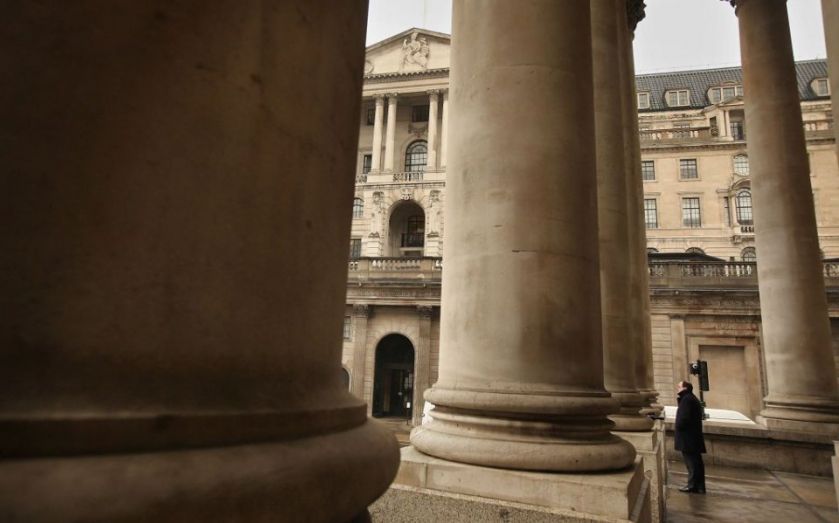Bank of England hints at raising banks’ emergency buffer

The Bank of England's Financial Policy Committee (FPC) has hinted at raising the amount banks are required to hold in case of emergency, it emerged today.
Minutes of a meeting by the FPC last week show the committee, which includes Mark Carney, Ben Broadbent and Sir Jon Cunliffe, discussed hiking the countercyclical capital buffer (CCB), suggesting raising it in small increments could be beneficial.
The buffer, designed to force banks to set aside cash which will allow them to withstand stress from financial crises, has been at zero since it was first introduced in 2013.
The minutes suggested that while the resilience of the UK's financial system had improved, members were concerned about the risks from the global environment.
The committee also raised concerns about the level of credit in the UK's banking system, suggesting that although it has fallen by three percentage points to 145 per cent over the past year, the UK's credit to GDP ratio was "high by historical standards". "Domestic risks" were beginning to "re-emerge from a low post-crisis base", they concluded
"It could be argued that the system was moving into a more normal phase of the credit cycle," it suggested.
However, the committee added that it will wait until after the results of 2015 stress tests of UK banks to make a decision on raising the CCB. A review will take place in the fourth quarter of this year.
"The committee would also consider the appropriate level of the CCB for all stages of the cycle, taking into account lags in implementation, its impact on credit availability and how it should interact with other existing microprudential capital buffers already in place."